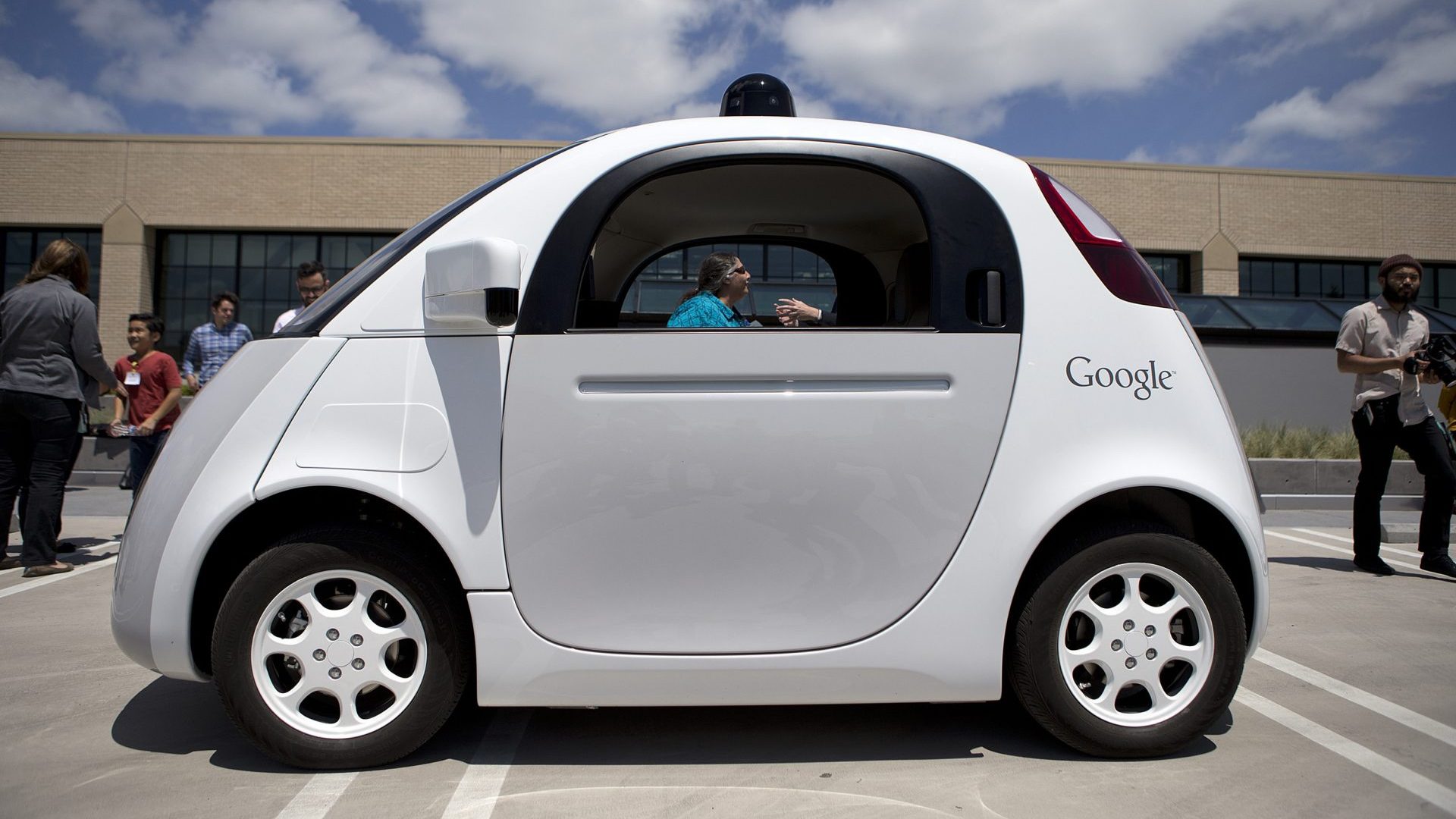

A tech firm started by a college dropout claims to have developed new sensors that can help self-driving cars see better.
Austin Russell is only 22 years old, and dropped out of Stanford in return for $100,000 from an entrepreneurship program started by venture capitalist Peter Thiel, according to MIT Technology Review. Now his company, Luminar, is developing a new lidar unit it claims will work at longer distances, and render the environment in greater detail, than units currently on the market.
Lidar is similar in principal to radar, but uses light waves instead of radio waves to determine the distance of nearby objects. It’s considered essential by most developers of autonomous cars. Whether it’s the large spinning units seen on the earliest prototypes, or newer, more streamlined units that look a bit like beer cans, lidar is a fixture on nearly every autonomous car.
The best lidar unit from Velodyne, one of the top manufacturers, can detect dark objects with an industry-standard 10 percent reflectivity at 50 meters (164 feet). Luminar demonstrated the same capability at 200 meters (656 feet). Dark-colored objects are particularly tricky because they absorb the light lidar relies on to gain an accurate reading of the environment.
That longer range is made possible in part by Luminar’s use of a longer wavelength of laser light, which lets its sensor operate at higher power with violating eye safety rules. Instead of the spinning mirrors used by Velodyne’s sensors, Luminar also uses smaller mirrors that can redirect light beams to specific areas, effectively letting the sensor “zoom in” on a particular target.
Luminary says it has received $36 million in funding for its lidar units. It currently has 150 employees, split between a Silicon Valley headquarters and an optical engineering and production facility in Orlando, Florida. The first production run of 10,000 units is expected to start later this year.